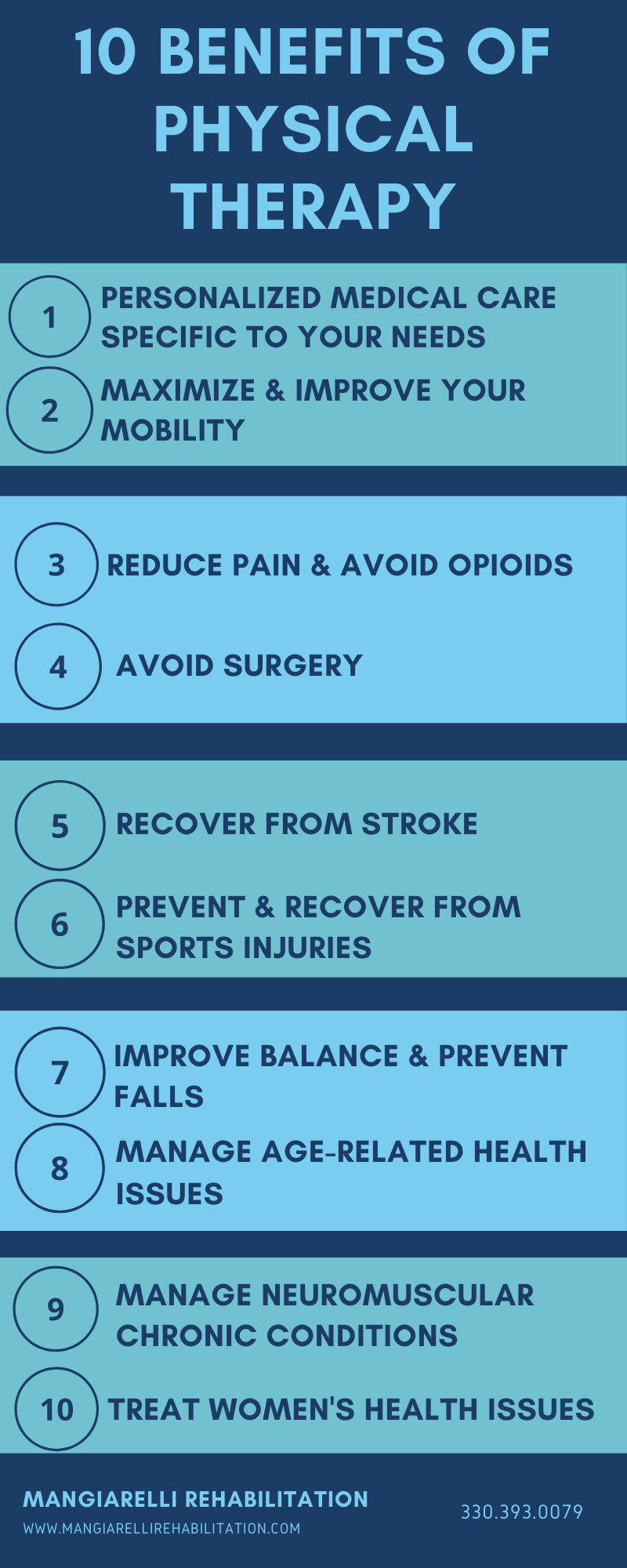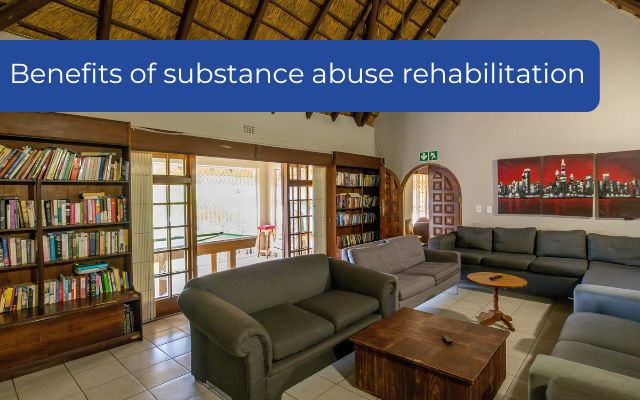The smart Trick of Narconon Africa That Nobody is Talking About
The smart Trick of Narconon Africa That Nobody is Talking About
Blog Article
The Definitive Guide to Narconon Africa
Table of ContentsThe 7-Second Trick For Narconon AfricaSome Known Questions About Narconon Africa.The Ultimate Guide To Narconon AfricaThe Ultimate Guide To Narconon AfricaThe 5-Minute Rule for Narconon AfricaThe Ultimate Guide To Narconon AfricaSome Known Details About Narconon Africa
In a collection of documents with Manudeep Bhuller and Katrine V. Lken, we conquer these information difficulties and the nonrandomness of jail time, offering brand-new insights into exactly how imprisonment influences recidivism, work, kids, and criminal networks - Addiction treatment joburg. Figure 1 Our job research studies the results of imprisonment in Norway, a setup with two crucial benefitsWe can additionally link this information to other household participants, including kids and siblings. In addition, we have details on co-offending that enables us to map out criminal networks for observed crimes. Second, we can leverage the arbitrary task of criminal cases to judges that vary in their propensities to send accuseds to prison.
Yet some courts send accuseds to prison at a high price, while others are extra forgiving. We gauge a court's stringency as the typical imprisonment price for all various other instances a judge handles, after controlling for court and year fixed results, which is the degree of arbitrary project. This quasi-random assignment of judge stringency can be utilized as an instrument for incarceration, as it highly forecasts the judge's decision in the present case, yet is uncorrelated with other situation qualities both deliberately and empirically.
Facts About Narconon Africa Uncovered
Features of prisoners, consisting of demographics and crime categories, are broadly similar in Norway and other nations, including the United States, with the exemptions that the US murder rate is a lot higher, and race plays a larger role there also. What stands out as various, especially compared to the United States, is the jail system.
Figure 2In Norway, the ordinary time spent in prison is a little over 6 months, which is similar to most various other Western European countries. This contrasts with ordinary US jail time of nearly 3 years, which is in huge part the factor the USA is an outlier in its imprisonment rate compared with the rest of the world [Figure 1]
Our Narconon Africa Ideas
This supplies much more separation in between small and hard criminals than exists in the United States. There is no overcrowding in Norwegian prisons and much better individual safety and security, with each detainee being designated to their own cell and a higher inmate-to-staff ratio than in the USA (https://hub.docker.com/u/narcononza12). Prisons in Norway likewise provide well-funded education, drug treatment, mental health, and work training programs
Our research study on the impacts of incarceration on the offender, using the arbitrary task of courts as a tool, yields three essential findings. Initially, jail time prevents even more criminal actions. We find that incarceration decreases the chance that a person will certainly reoffend within 5 years by 27 portion factors and decreases the matching variety of criminal costs per individual by 10 charges.
About Narconon Africa
We find substantial decreases in reoffending likelihoods and advancing charged criminal offenses also after accuseds are released from jail. Our second outcome is that predisposition due to option on unobservable specific characteristics, if disregarded, brings about the incorrect conclusion that time invested behind bars is criminogenic. If we merely contrast criminal defendants imprisoned versus those not sent out to jail, we find favorable associations in between incarceration and succeeding criminal offense.
This stands in comparison to our analysis based on the arbitrary project of judges, which discovers an opposite-signed outcome. Third, the decrease in criminal offense is driven by individuals who were not functioning before incarceration. Amongst these people, jail time boosts involvement in programs routed at boosting employability and decreasing regression, and this eventually raises work and revenues while inhibiting criminal actions.

Jail time causes a 34 percent point rise in engagement in job training programs for the previously nonemployed, and within five years their work rate boosts by 40 percent factors. At the very same time, the chance of reoffending within 5 years is reduced by 46 portion factors, and there is a decline of 22 in the typical variety of criminal fees.
How Narconon Africa can Save You Time, Stress, and Money.

A plausible explanation for the difference is that Norway's jail system varies significantly, both in terms of prison-term length and jail conditions, from the United States prison system. While understanding the impacts of incarceration on the transgressor is an essential primary step, capturing spillover effects is additionally vital for evaluating criminal justice policy and developing efficient jail systems.
About Narconon Africa

Normal least squares approximates expose that youngsters of incarcerated dads are 1 percentage point more probable to be billed with a crime, family member to a mean of 13 percent, and show no effect on college grades. Utilizing our judge stringency tool, we find no analytical evidence that a dad's incarceration influences a youngster's very own criminal offense or school qualities, but we are not able to eliminate modest-sized results.
The 45-Second Trick For Narconon Africa
We define criminal teams based on network links to prior criminal situations. Our evaluation returns three major searchings for. Initially, when a criminal network participant is incarcerated, their peers' probability of being billed with a future criminal activity decreases by 51 percentage factors over the following 4 years. Likewise, having an older sibling incarcerated decreases the likelihood his more youthful sibling will be billed with a crime by 32 percent factors over the next four years.
Report this page